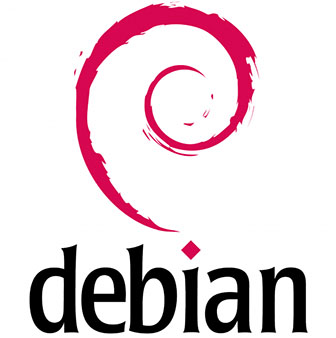How To Install AppImage on Debian 12

In this tutorial, we will show you how to install AppImage on Debian 12. AppImage is a revolutionary packaging format that encapsulates applications and all their dependencies into a single executable file. Unlike traditional package managers, AppImage applications are self-contained, which means they can run on various Linux distributions without requiring installation or modification of the system.
This article assumes you have at least basic knowledge of Linux, know how to use the shell, and most importantly, you host your site on your own VPS. The installation is quite simple and assumes you are running in the root account, if not you may need to add ‘sudo‘ to the commands to get root privileges. I will show you the step-by-step installation of the AppImage on a Debian 12 (Bookworm).
Prerequisites
- A server running one of the following operating systems: Debian 12 (Bookworm).
- It’s recommended that you use a fresh OS install to prevent any potential issues.
- SSH access to the server (or just open Terminal if you’re on a desktop).
- An active internet connection. You’ll need an internet connection to download the necessary packages and dependencies for AppImage.
- A
non-root sudo useror access to theroot user. We recommend acting as anon-root sudo user, however, as you can harm your system if you’re not careful when acting as the root.
Install AppImage on Debian 12 Bookworm
Step 1. Before we install any software, it’s important to make sure your system is up to date by running the following apt commands in the terminal:
sudo apt update sudo apt install build-essential libjpeg-dev libpng-dev libtiff-dev
This command will refresh the repository, allowing you to install the latest versions of software packages.
Step 2. Installing Required Dependencies.
To ensure the smooth execution of AppImage applications, install the following dependencies:
sudo apt install fuse libc6 libcairo2 libgdk-pixbuf2.0-0 libgl1 libgtk2.0-0 libfuse2
Step 3. Download AppImage on Debian 12.
Navigating to the AppImage official website to explore the available applications and select the desired application and download the corresponding AppImage package. Choose the version compatible with Debian 12.
Next, make the downloaded file executable by running the following command:
cd /path/to/directory chmod +x your-app-image-name.AppImage
Step 4. Running AppImage Applications.
Once the installation is complete, you can download any AppImage file from the internet and run it by executing the following command:
./your-app-image-name.AppImage
Step 5. Integrating AppImage with the System.
- Creating Desktop Shortcuts:
Create a .desktop file in ~/.local/share/applications/:
[Desktop Entry] Name=Your App Name Exec=/path/to/your-app-image.AppImage Icon=/path/to/your-app-icon.png Type=Application Categories=Utility;
- Adding AppImage to the Application Menu
Use tools like alacarte to add your AppImage applications to the application menu for easy access.
Step 6. Troubleshooting Common Issues
- Permissions and Execution Errors
If encountering permission errors, ensure the AppImage is marked as executable.
- Library Dependencies
For library-related issues, consult the AppImage documentation and ensure the required libraries are present.
- AppImage Not Launching
If an AppImage doesn’t launch, check compatibility with Debian 12 and review any error messages in the terminal.
Congratulations! You have successfully installed AppImage. Thanks for using this tutorial for installing the latest version of AppImage on Debian 12 Bookworm. For additional help or useful information, we recommend you check the official AppImage website.